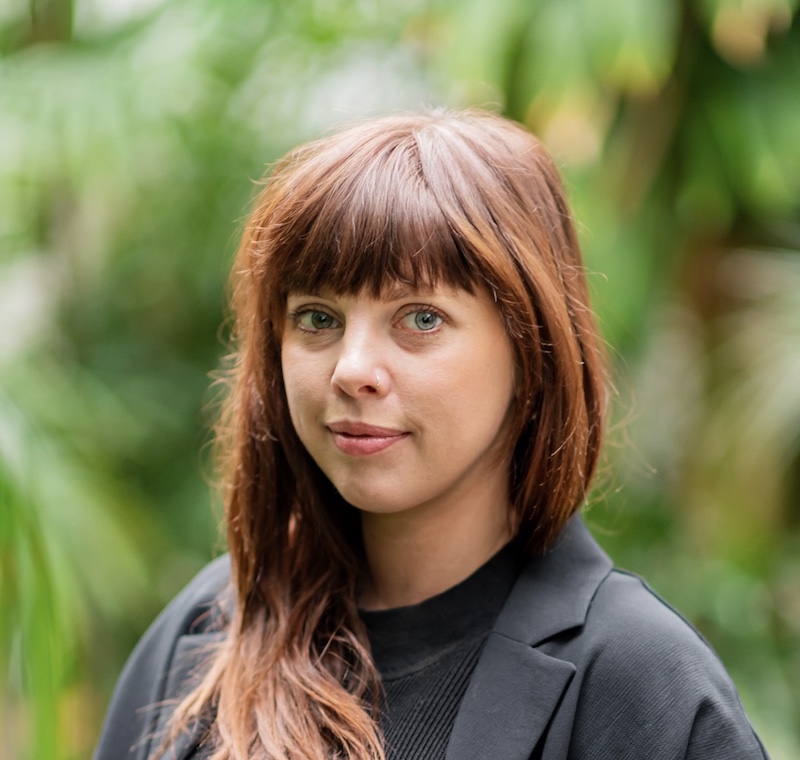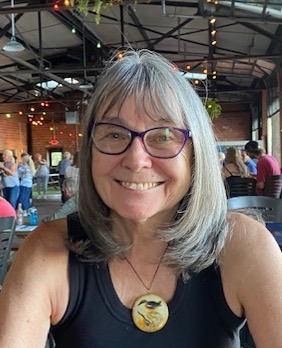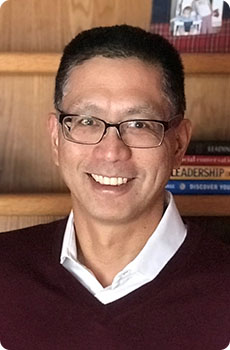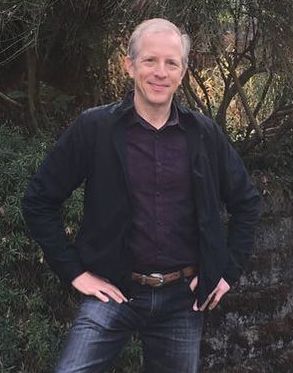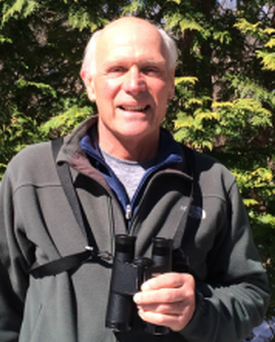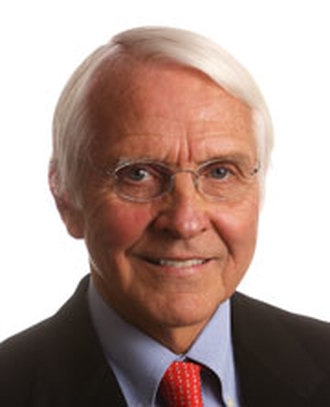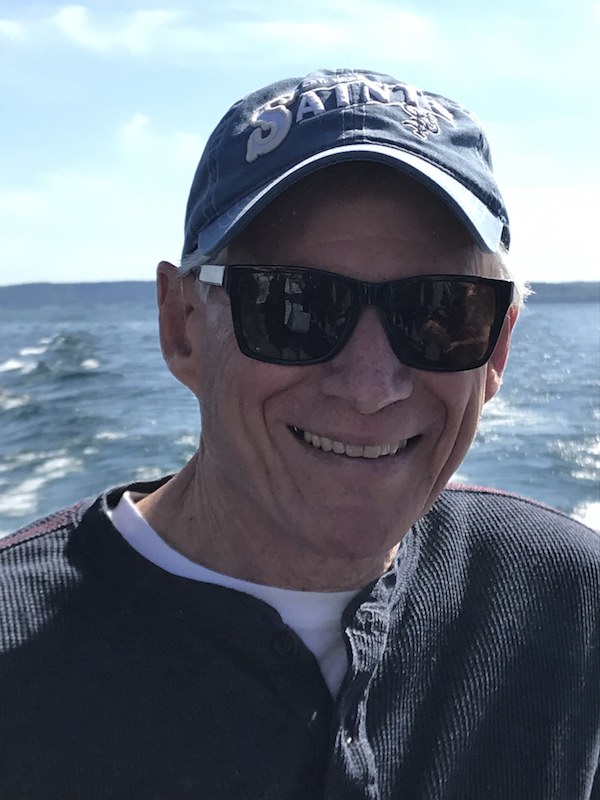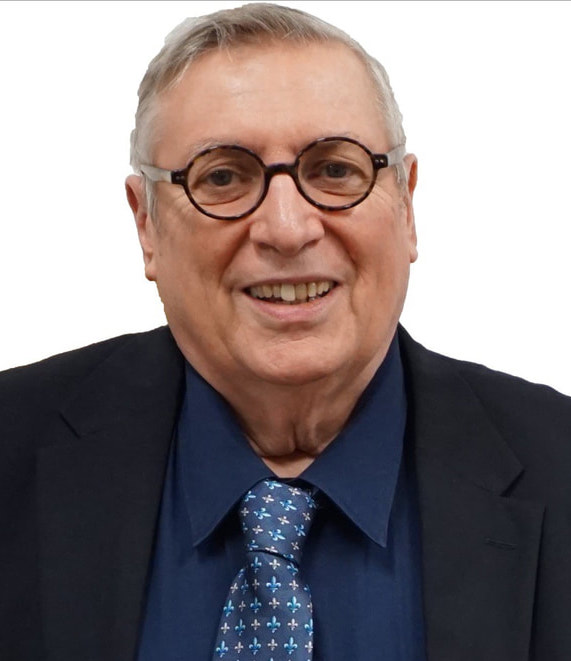Staff
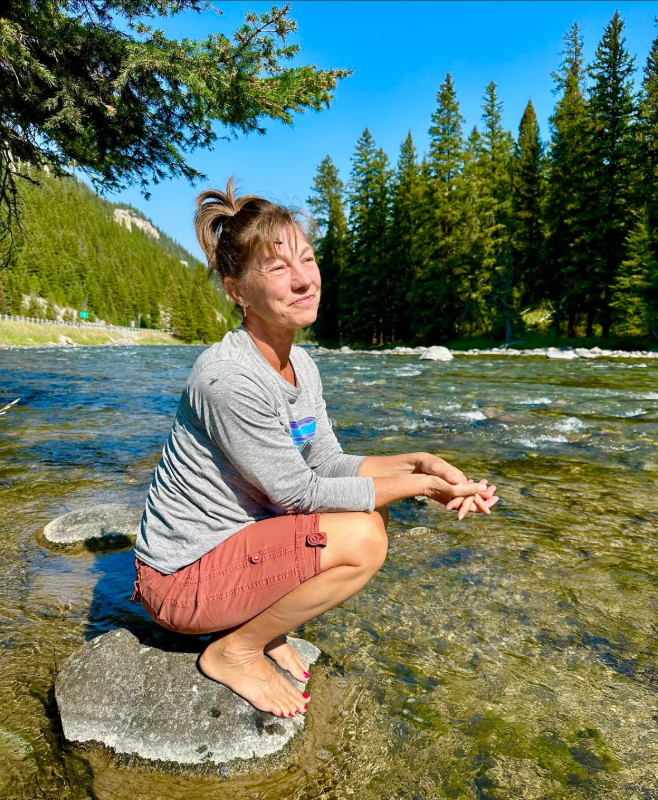
Kelley Skumautz, MA
Kelley has a genuine and grounded expression of systems thinking, and has worked for more than 30 years in nonprofit organizational development. Kelley’s experience with climate and health equity spans a broad spectrum of issues – from air pollution, to eco-grief, to zero waste advocacy and action. Born and raised in Minnesota, Kelley’s personal and professional interests are also shaped by nearly two decades living and working in Southern and Central California. Kelley is excited about bridging art, storytelling, and inclusive narratives with real solutions related to climate and health equity, and she especially appreciates initiatives involving expertise, knowledge, and leadership coming from those furthest away from power. Kelley is pursuing a Master of Science in Co-occurring Disorders Recovery Counseling at Metropolitan State University; previously she earned a Master of Arts in Humanities from Mount St. Mary’s University.
Connect with Kelley: [email protected]

Ava Corey-Gruenes, MA
Ava is an environmental justice organizer whose work bridges environmental and health equity. Along with bachelor’s and master’s degrees in Gender and Women’s Studies from Minnesota State University, Mankato (MNSU), her experience includes divestment initiatives with MN and US Youth Climate Strike, antimilitarist and anticolonial activism with Mavs for Change, environmental education efforts with Start:Empowerment and MNSU, and healthcare access work at Planned Parenthood. Ava’s master’s thesis explored strategies to sustain intersectional environmental justice activism. Through their academic and activist work, Ava hopes to encourage communities to see environmental justice as interconnected with broader liberation movements.
Connect with Ava: [email protected]

Rachel Wormer, MPH
Rachel’s public health work is rooted in improving the conditions that we live, work, play, and learn in. She brings experience within the sexual and reproductive health, rights, and justice movements, including roles in political research, public policy strategy, and advocacy communications. Rachel holds a bachelor’s degree in Community and Public Health from South Dakota State University and a Master of Public Health degree from the City University of New York in Harlem.
Currently, she’s a board member for the Twin Cities chapter of Women of Renewable Industries and Sustainable Energy. Rachel believes deeply in the power of community, slowing down in a rushed society, and is passionate about activating health workers to join the movement for the healthy climate and just future we know is possible.
Connect with Rachel: [email protected]

